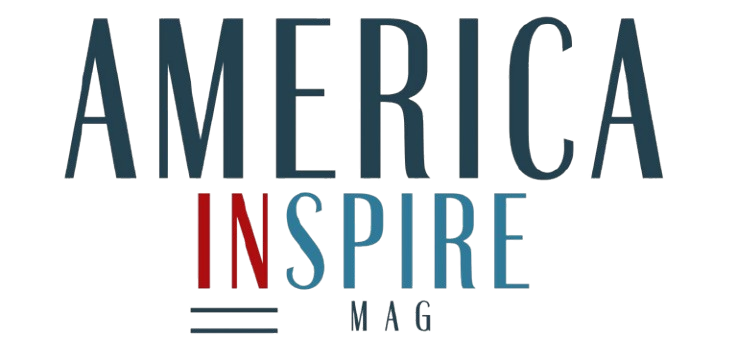In 2024, Meta—the technology conglomerate which owns Facebook, Instagram, and WhatsApp—donated £2.8 million to some of the UK’s most elite universities, ratcheting up criticism about the link between Big Tech and universities. This is one installment of a total of £7.7 million pledged over four years, and largely benefited Russell Group universities, among them Imperial College London, the University of Oxford, and the University of Cambridge.
The grants, exposed by Freedom of Information (FOI) inquiries, funded an extensive array of research initiatives. These include work on creating AI-powered physiological monitoring systems, emotion-detecting algorithms, and enhancements to big language models—technologies straight in line with Meta’s long-term commercial aims.
Universities Defend Collaboration
University administrators contend that such partnerships are necessary in a rapidly changing technology environment. A University of Cambridge spokesperson said collaboration with firms like Meta enables them to stay ahead of the curve in terms of innovation, working towards solutions that have the potential to benefit society.
This is not a question of sacrificing values,” said a senior research administrator who wished to remain unnamed. “It’s a question of using expertise to address problems—ethical use of data, misinformation, mental health—and Meta’s investment facilitates that.
Russell Group universities further stressed that all donations are subjected to thorough vetting procedures to ensure alignment with institutional policy and UK law. “Universities have complete control of their research agendas and publishing rights,” read one statement.
Fears Over Influence and Ethics
Nevertheless, the power of Big Tech within schools has raised concern among policymakers and civil society organizations. Baroness Beeban Kidron, a prominent campaigner on children’s digital rights, cautioned that research sponsored by the industry may exaggerate the society-wide harms associated with these firms’ platforms, such as the dissemination of disinformation and the mental health effects on young people.
There needs to be full openness about how these funds are used and whether or not findings are peer-reviewed and independently verified,” she said to journalists. “Tech giants shouldn’t be able to dictate the terms around their own conduct.
Privacy activists have also sounded the alarm over possible conflicts of interest, such as in initiatives concerning personal data, emotional AI, and education-focused virtual reality. These have been fueled by Meta’s concurrent investment in VR education through its “Meta for Education” beta initiative and its launch of digital twin universities, such as the one it tested out at the University of Leeds.
Students and Staff Sound Off
A few students and faculty members have also complained about feeling uneasy with Meta’s increasing presence on campus. A postgraduate researcher at one of London’s universities explained a “chilling effect” where criticism of Big Tech in tech-related departments is becoming less common.
“Here’s the sense that you don’t bite the hand that feeds you,” she stated. “Meta’s attempting to refurbish its public image through scholarship partnerships, yet others of us fear this costs a genuine, critical form of inquiry.”
The backlash comes amid growing global calls for increased regulation of Big Tech. The UK’s Online Safety Act, passed in late 2023, already imposes stricter obligations on social media companies operating in the country. Some campaigners argue that universities, as centers of public trust, must not be used as soft power vehicles for firms facing mounting scrutiny.
Looking Forward
As funding for research grows more competitive and public investment flatlines, universities are being called upon to keep building alliances with private industry. But this trend now comes under scrutiny.
Experts recommend introducing more explicit guidelines on disclosure, limits on funding, and academic autonomy could better balance the scales. “We need frameworks that enable productive collaboration without undermining core academic values,” said Dr. Martin Wood, a policy analyst on higher education.
Over the next few months, a number of parliamentary committees will consider the place of corporate sponsorship in public universities, which could result in new legislation regulating transparency and ethics in research sponsorship. In the meantime, the controversy surrounding Meta’s presence in UK academia is likely to become louder—and more pressing.





